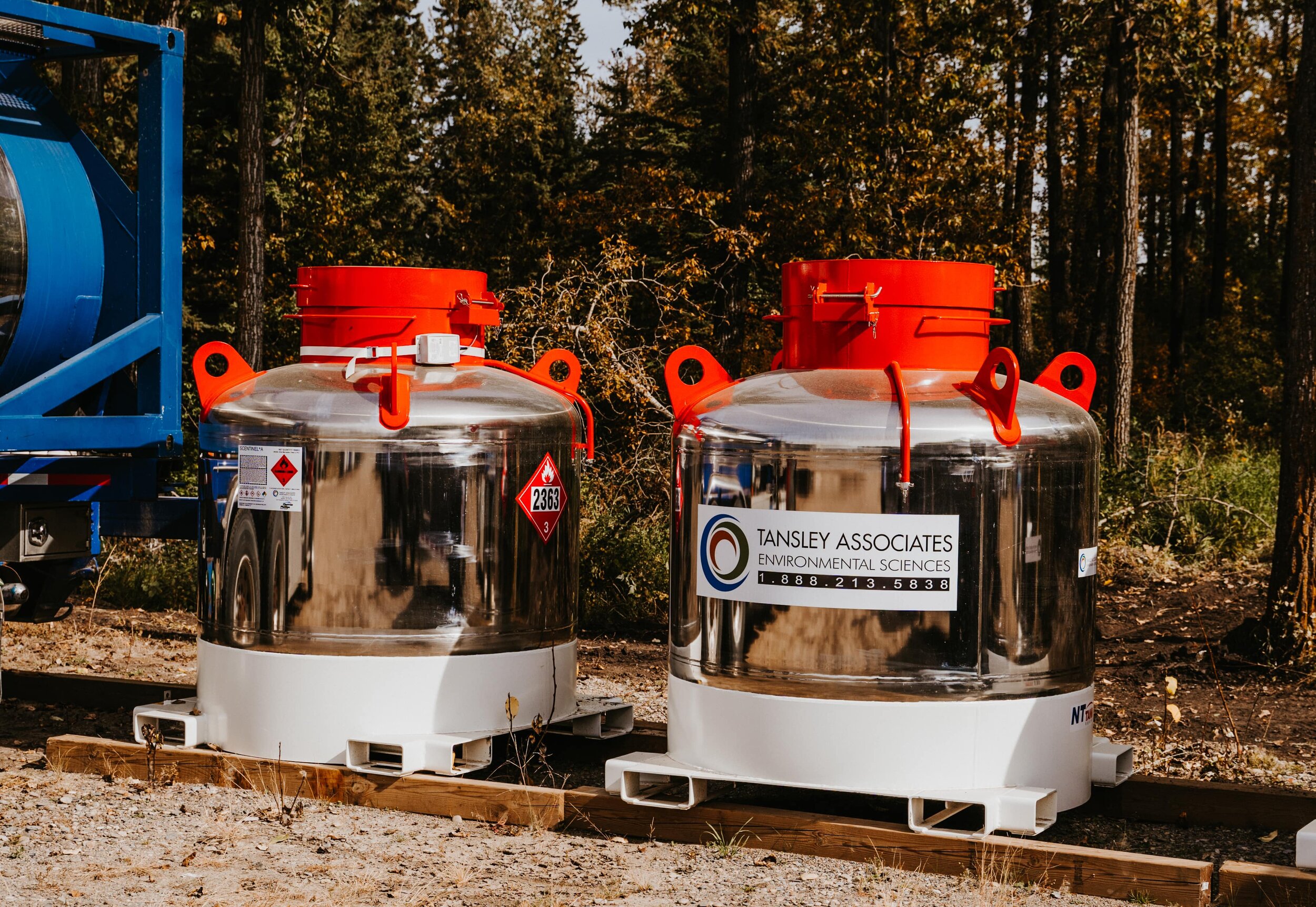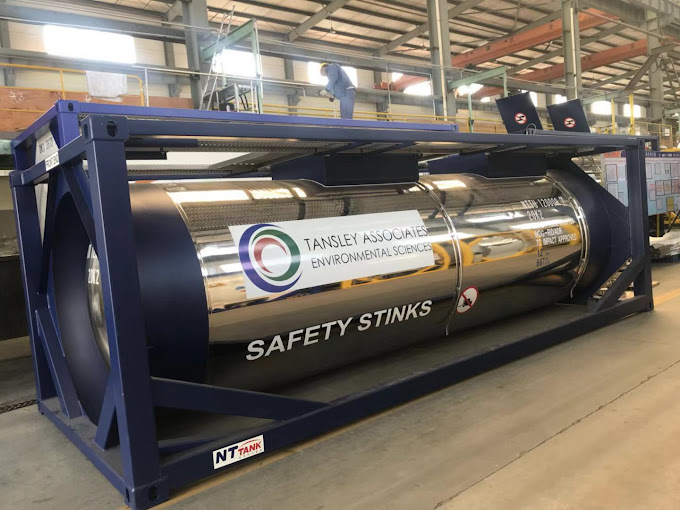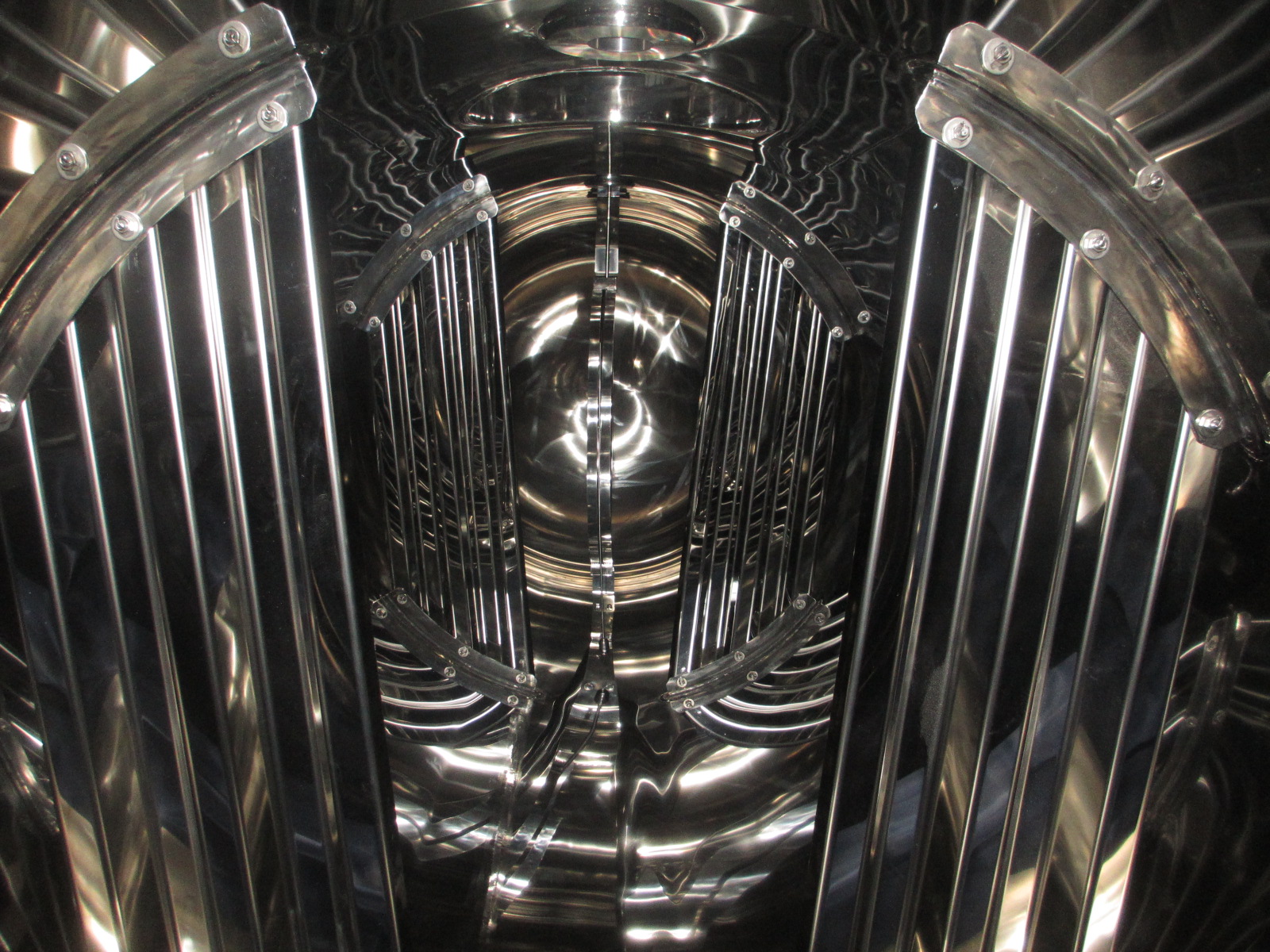
Water and Odorant Storage Systems

.JPG)
What Happens When Water and Odorant Mix and Why Do We Care?
When water mixes with odorant it can raise the freeze point of the odorant to the point where it can freeze in ambient conditions. Water is heavier than odorant and can separate and fill the bottom of the odorant storage vessels giving a false reading of the amount of odorant in the vessel. If the vessel were to be drawn down enough there can be a point where no odorant will be injected into the pipeline, only water.
What Are Some of the Sources of Water in Odorant Storage Systems?
Water (and other substances) can come in contact with the odorant contained within an odorant storage vessel in a number of ways.
Blanket gas can contain water (Pipeline Gas - typically 4-7 lbs/mmscf, Fuel or Field Gas - can be worse than pipeline gas, even nitrogen contains some water vapor).
Water from the pipeline can come in contact with the odorant in bypass odorizers. Pipeline water can come from Hydrotests - liquid water left in pipelines and equipment after hydrotesting and water dropping out from the natural gas due to temperature changes or downstream of pressure reductions.
Odorant Vessel Breathing - ambient temperature fluctuations can cause odorant storage vessel pressure fluctuations that can cause vessels that are not adequately sealed to release pressure during warm days and draw in air during the cool nights. If you walk by your vessel and it always smells of odorant, it may be breathing.
How do I Control or Eliminate Water in my Odorant?
Engineering controls and mitigation techniques - Use clean dry blanket gas. Install a blanket gas dryer upstream of the odorant vessel. Install inlet knockout vessels upstream of bypass odorizers. Ensure that all connections are properly sealed on all odorant vessels. Use the appropriate material seats and seals on all connections, valves, reliefs and fittings. Regularly check for vessel breathing.
Conclusion
By using engineering controls and proper mitigation techniques you can avoid the problems that water can cause your odorant storage system.
If you have any odorant concerns or questions, we would be pleased to talk to you. Call 403.569.8566

















